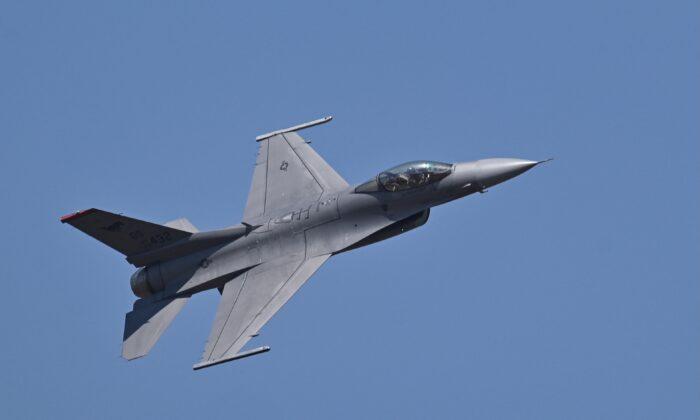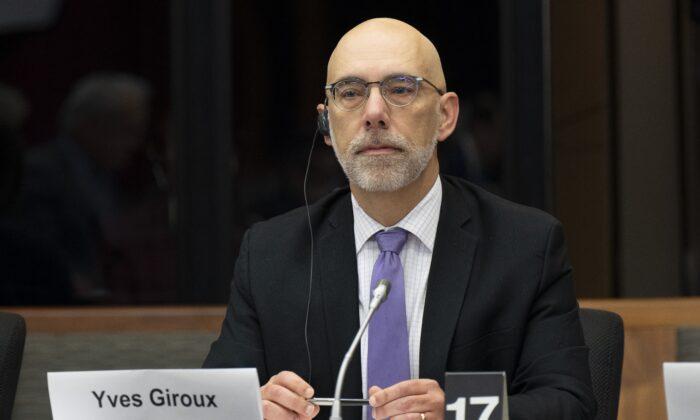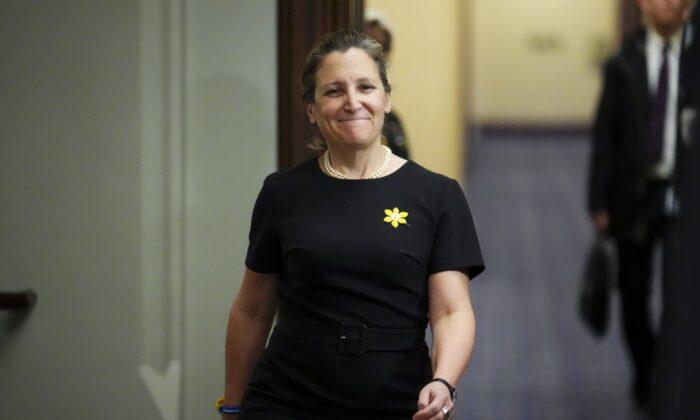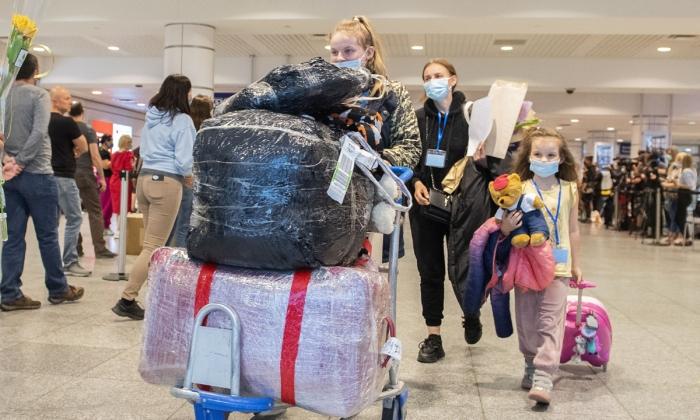Defence Minister Anita Anand announced that Canada has joined 10 other NATO allies to train Ukrainian Air Force pilots on the operation and maintenance of American-made F-16 fighter jets to aid Ukraine in its ongoing war with Russia.
All countries signed on have agreed to begin training Ukrainian pilots, technicians, and support staff with “basic capabilities of operating, servicing and maintaining” F-16 jets manufactured by the American company Lockheed Martin. The F-16 was initially developed in the late 1970s.
The department added that the coalition’s training of Ukrainian pilots will include making available the necessary equipment, trainers and other staff for F-16 training.
Training Coalition
When asked by reporters on July 12 how many Canadian Armed Forces will be committed to the training efforts, Ms. Anand did not provide any specifics.“At this point, we signed a document,” she told reporters in Vilnius, Lithuania, where she was attending the NATO Leaders’ Summit.
Ms. Anand added that she’s had “additional conversations” on the matter with Poland’s Defence Minister Mariusz Błaszczak.
“We have more work to do to iron out the specific contributions,” she said. “As I said, the general framework of our contribution to the F-16 coalition is going to be in the area of training and maintenance and so we need to specify exactly what that is going to include.”
The federal government also announced just before the NATO Leaders’ Summit this week that it will be increasing the number of CAF members it has stationed in Latvia for “Operation REASSURANCE” over the next several years.
“We will be rotating troops through Latvia,” she replied, adding, “At the same time we’re very much focused on recruitment, retention, and overall reconstitution of the Canadian Armed Forces.”





